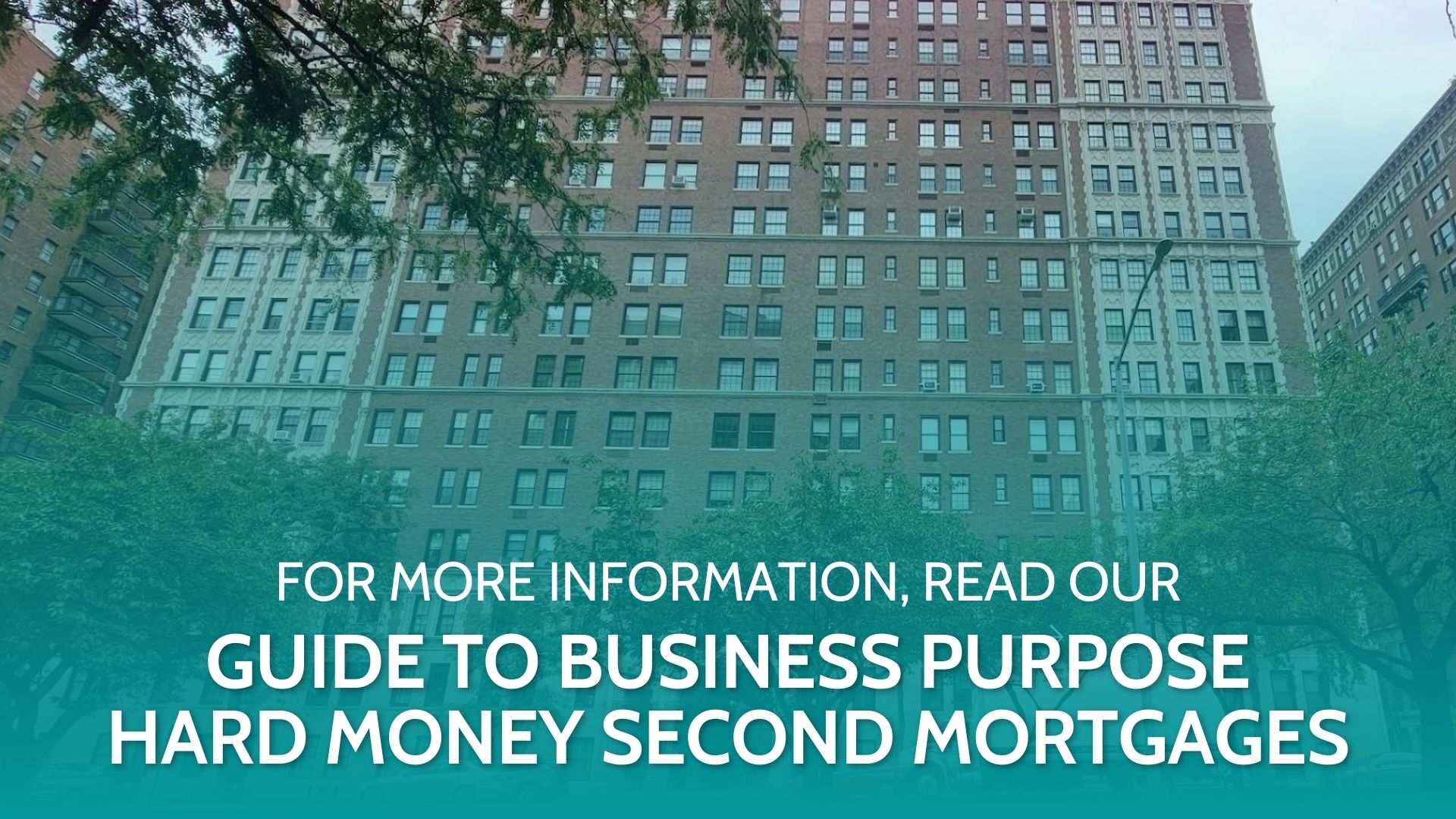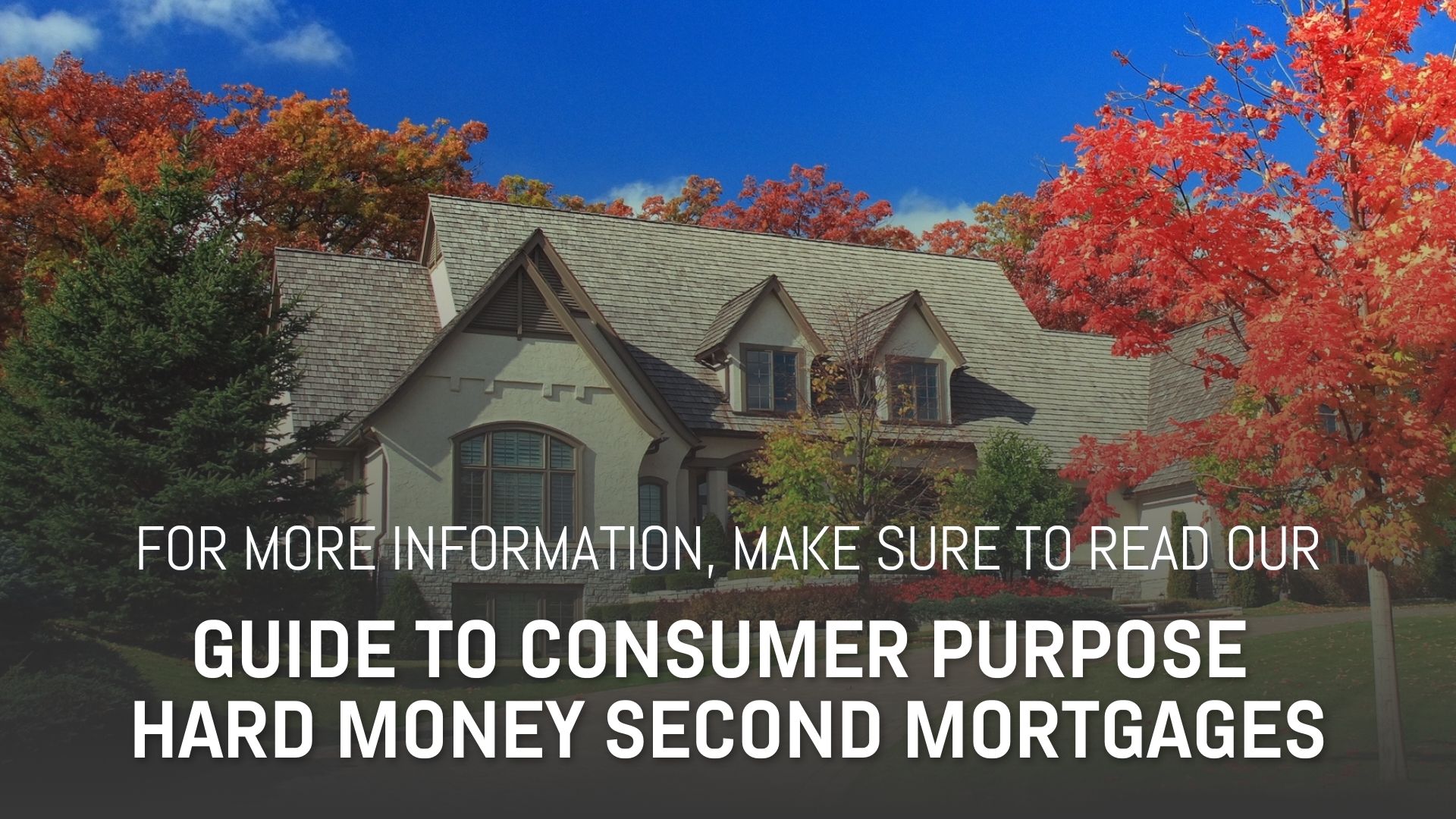Have Questions About Our Hard Money Second Mortgages?
Our detailed FAQ section has all the answers you need to understand more about what we do and what we don't do.
Fixed Term Second Mortgage:
Business Purpose Loan
- Owner occupied (CA, OR) & non-owner occupied investment properties
- 12-36 month terms
- Interest-only payments
- Business purpose or investment purposes (no consumer purposes)
- Close in 3–10 business days
- Residential and commercial properties
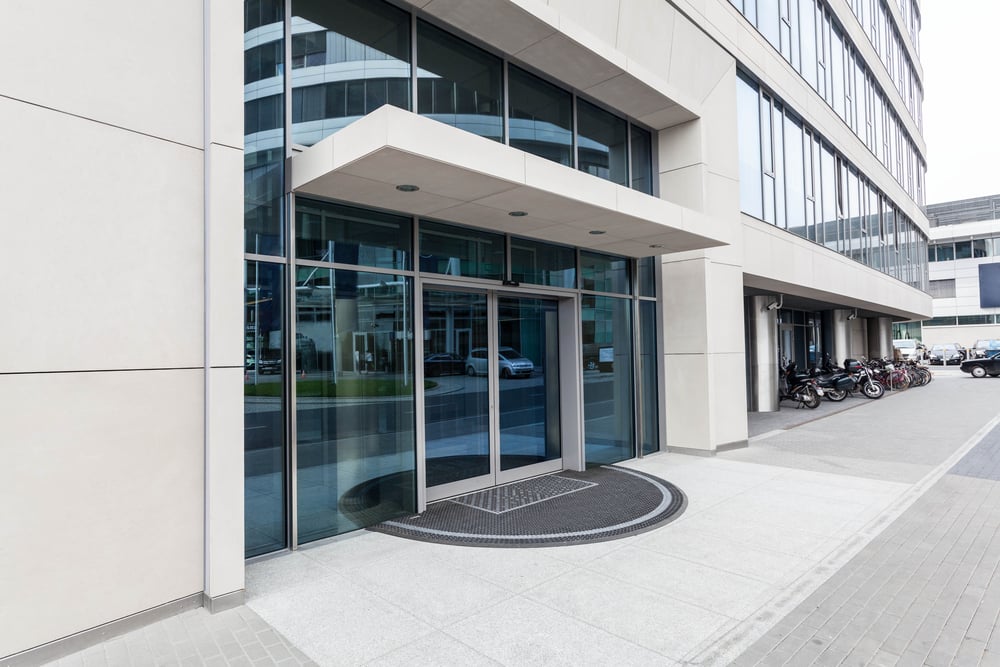
Revolving Line Of Credit - California properties only
- Business purpose or Investment purpose loans
- Owner occupied & non-owner occupied properties
- Residential and commercial properties
- 12, 24, and 36-month terms
- Pay interest only on funds used
- Closing in 10–14 days versus bank credit lines (30–60 days)

Business Purpose vs. Consumer Purpose Second Mortgages
Hard money second mortgages provide you as a business owner or real estate investor quick access to your equity from an existing property. Whether making renovations, buying equipment for your business, or moving fast on a new acquisition, as long as the funds are for a business purpose, hard money second mortgages can be a valuable option to get you the capital you need.
At FCTD, we have deep experience generating business purpose hard money second mortgages, with a focus in California. However, consumer purpose hard money second mortgages – where the funds go towards a personal debt or expense – is a rare financial product that we do not offer.
Below is a breakdown between the two categories.
| BUSINESS PURPOSE (investment property or business use) |
CONSUMER PURPOSE (personal or household use) |
|---|---|
| Owner-occupied business purpose mortgage, available in CA, OR, ID, AZ, & UT (not available in WA state) | Debt consolidation (credit cards, personal loans, student loans, etc.) |
| Investment property second mortgage | Home improvement loan on primary residence or second home |
| Gap funding (fix-and-flip project) to cover down payment, closing costs, and rehab (FCTD doesn't do gap funding) | Divorce settlement - paying out a former spouse their portion of the equity in the family home(s) |
| Cross-collateral blanket loan - one loan secured by multiple properties | Estate settlement - paying out family members |
| Cash-out second mortgage for down payment on rental property | Second mortgage to bring first mortage on primary residence current |
| "Cash-out" refi on a property to complete a "cash-in" refi on commercial property | Pay off personal income taxes, personal judgments, or liens. |
| Construction completion on an investment property | Chapter 13 Bankruptcy Buyout |
| Home equity line of credit (HELOC) - CA & CO properties only | Second mortgage for down payment and closing costs on a primary residence |
Read our Guides to Business and Consumer Purpose Second Mortgages
We’ve written the following guides to help you navigate how business purpose and consumer purpose hard money second mortgages work, who and what they’re for, and alternative financing options available to you.
Second Mortgage Success Stories
Providing investors with the financing they need.
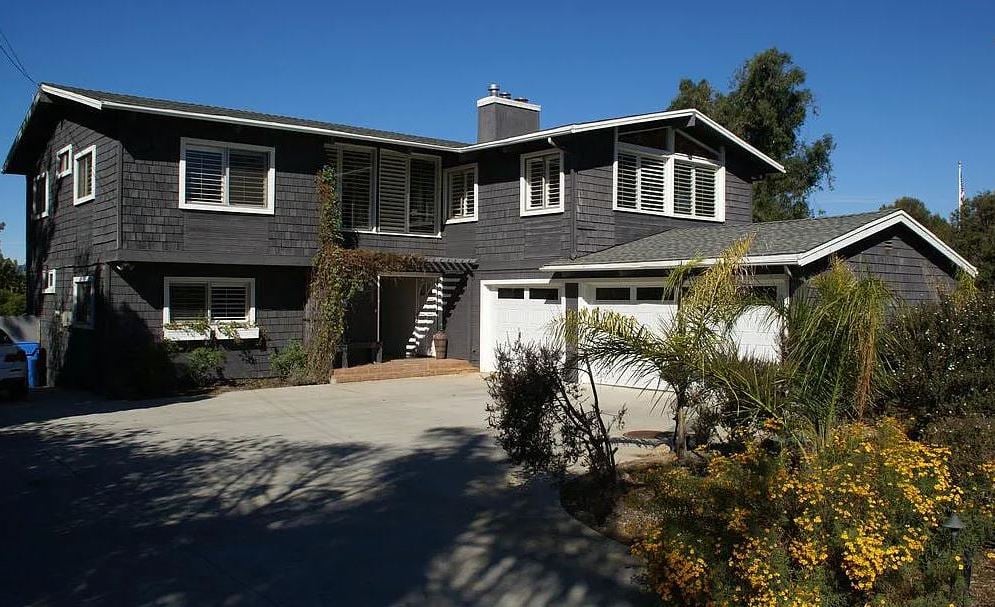
Owner Occupied Business Purpose – Los Angeles, CA
- $450,000
- 24-Month Term
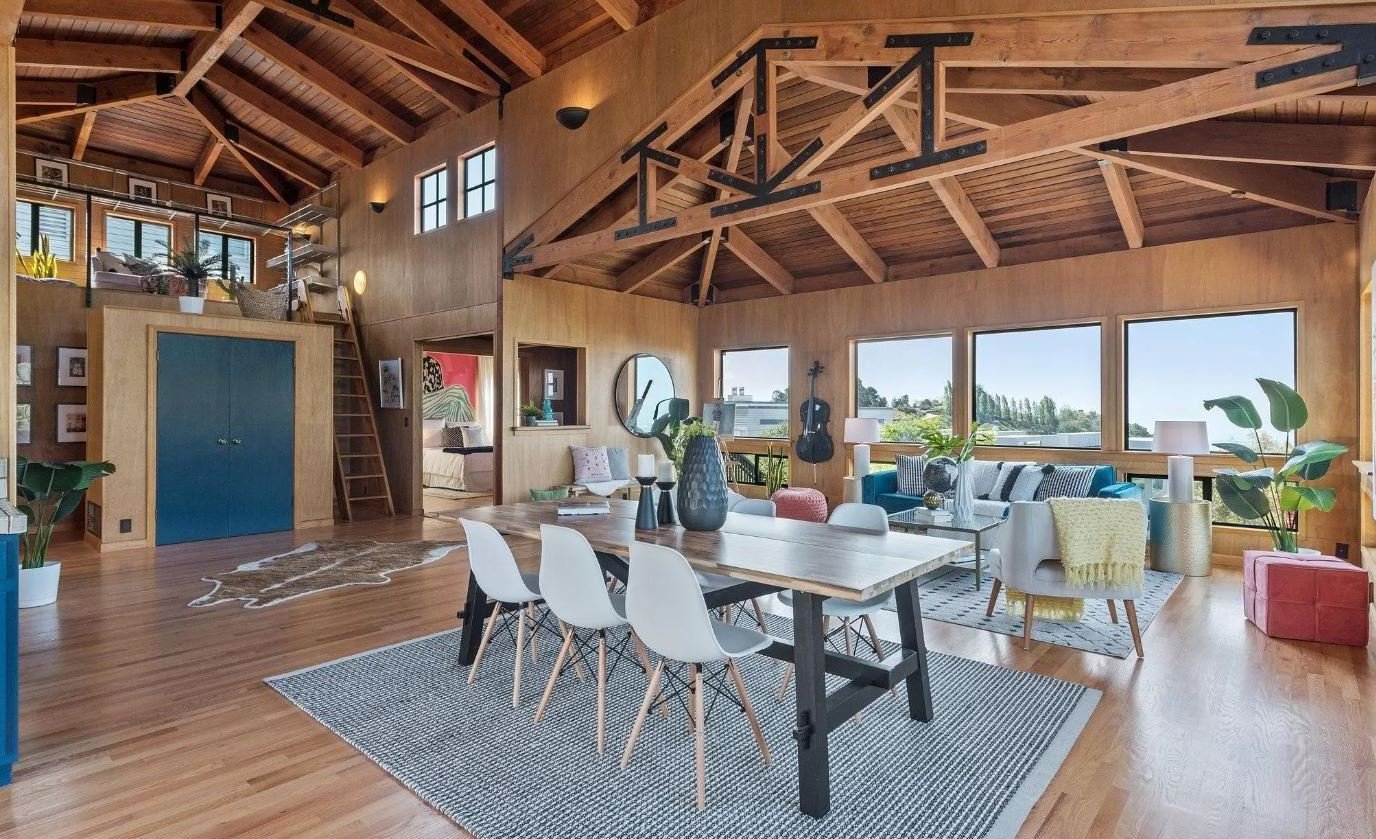
Buy Out Business Partner – San Francisco, CA
- $350,000
- 36-Month Term
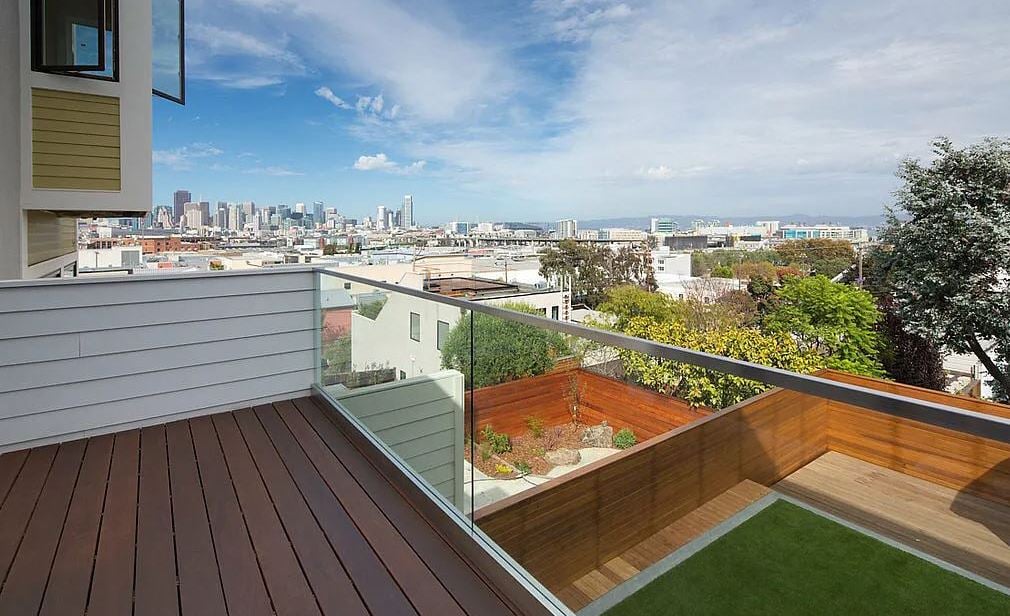
Hard Money HELOC – Long-Term Rental – San Francisco, CA
- $500,000
- 24-Month Term
A hard money second mortgage is a junior lien secured by real estate and usually issued by a private lender rather than a bank or conventional lender. The “second” means that the mortgage is subordinate to the senior lien encumbering the property, also called the “first” mortgage. If the borrower defaults on the first or second mortgage and the property is sold through foreclosure auction, the first mortgage is repaid before the second.
Hard money (and private money) second mortgages operate like short-term (12-36 month) bridge loans but fall in second position on title behind the first mortgage. Business purpose hard money second mortgages are temporary solutions for business owners or real estate investors — not long-term financing options offered by banks and credit unions for consumer purpose second mortgages, such as debt consolidation or home improvement loans.
The terms “hard money” and “private money” are used interchangeably, including on this website. A “hard money loan” is simply an asset-based loan where the private lender (individual or private mortgage lender) makes a loan based almost entirely on the value of the hard asset — the real property or real estate. A “private money loan” considers the borrower’s credit, runs a background check, verifies income and real estate track record, reviews leases of the subject property if tenants are in place, and more. Private money loans are more detailed than hard money loans.
A business purpose hard money second mortgage is a type of loan issued by nonbank private lenders, including individual trust deed investors, family offices, and private mortgage funds or debt funds. These loans are for real estate investors, house flippers, home builders, or business owners who need a short-term bridge loan secured by investment real estate for a bona fide business or investment purpose.
Yes. FCTD’s focus is mortgages for real estate investors. Our investor clients utilize business purpose hard money and private money second mortgages when they need to pull money from the equity in one or more of their properties.
A consumer purpose hard money second mortgage is a loan where the loan funds, or proceeds from the loan, will go toward a personal or household use, such as paying off personal credit cards, financing a wedding, making home improvements to a primary residence, or covering the down payment, closing costs, and moving expenses for a first-time home buyer.
No. FCTD doesn’t originate consumer purpose hard money second mortgages. Our clients are real estate investors who use short-term private loans to meet an immediate capital requirement for one of their investment properties or development projects. Also, FCTD’s lenders prefer making short-term second mortgages of 6-24 months, not the 5-30-year terms required for consumer purpose second mortgages.
As of January 2024, interest rates for hard money second mortgages usually fall between 12-15.00%, with closing costs ranging from 3-6 points. Smaller loan amounts ($200,000) tend to have a higher percentage of points than large second mortgages ($3-10 million).
The range is 12-24 months, with some loans extending to 36 months for business purpose second mortgages. Consumer purpose hard money second mortgages usually have a 5 to 30-year term. FCTD only originates business purpose second mortgages.
The minimum loan amount is $150,000 while $6,000,000 is the largest second mortgage FCTD has originated since 2013.
FCTD tries to stay at 65% CLTV or lower. There are cases when we’ve gone up to 70% CLTV — but typically for long-time borrowers with successful track records.
In some markets, FCTD’s lenders and trust deed investors may want to limit CLTV to 50% or 60%. At the end of 2023 and into 2024, we’re seeing lenders pull leverage back in markets like Florida, Texas, and other markets with significant price appreciation over the past 3-4 years.
FCTD can close in as quickly as a few days — if the borrower already has title and escrow opened and a very recent appraisal from another lender. However, most second mortgages close in 10-14 days.
Most all property types qualify. However, it’s hard to secure a hard money second mortgage on unentitled land (we’ve received numerous requests).
3:1 is preferred, up to a 5:1 ratio with the right circumstances.
FCTD gets a lot of requests for a 20:1 ratio, where someone owes $1 million on the first mortgage and wants to take out a $50,000 second trust deed. This doesn’t work, because if the second lender had to foreclose, they’d either have to pay off the $1 million first mortgage or service the debt on a $1 million loan — which doesn’t make a lot of sense.
FCTD does private money second mortgages that require borrowers to provide lots of documentation before a loan is approved. (Hard money loans are simply equity-based, where loan approval is based on the value of the hard asset — the real estate.)
This article does a deep dive on all the requirements for a “private money” second mortgage.
Consumer Purpose Second Mortgages
(personal or household use)
- Each state requires lenders that make consumer purpose loans (in first or second position) to be licensed in that state and also through the NMLS, which is the federal registry. Business purpose lending has fewer licensing and compliance requirements for lenders.
- Consumer purpose second mortgages require private lenders to document the consumer’s ability-to-repay (ATR) for the first five years. This means that the lender must write the private money second mortgage for at least a five-year term, with most second mortgages written for 20-30 years. However, hard money lenders prefer loan terms of 6-24 months, and few want to risk being in a second mortgage for the next 20 years.
If you have a property in California, there are a few lenders that will do a consumer purpose private money second mortgage, like Marquee Funding Group in Calabasas.
For properties in the other 49 states, I'm unaware of any private lenders offering hard money consumer purpose second mortgages. FCTD gets requests every week, but have no recommendations for homeowners in any state besides California.
Since funds will go toward some consumer purposes, it's considered a consumer purpose loan — even though some funds are for business or investment purposes. Private lenders take the use of funds seriously because it can expose them to litigation from borrowers who default on payments.
No. Reverse mortgages are consumer purpose loans that require a borrower over the age of 62 to live in the home at least 183 days of the year, versus 182 days in a second home. Since FCTD doesn’t originate consumer purpose second mortgages, we can’t do a second mortgage behind a reverse.
Additionally, when a borrower takes out a reverse mortgage, HUD records TWO deeds of trust or mortgages on title:
-
The amount of the initial draw (e.g. a $200,000 initial loan amount against a $300,000 appraised value)
-
A second lien of $200,000 to protect HUD, since the loan balance will grow over time as the borrower isn’t required to make monthly payments
For more details, read this article about how it works.
No. A divorce is considered a personal or household use, or consumer purpose loan. FCTD specializes in mortgages for real estate investors. This second mortgage scenario is best served by traditional residential mortgage lenders, banks or credit unions.
No. VA loans are for owner-occupied borrowers only, and FCTD doesn’t offer consumer purpose second mortgages for personal or household use. It’s next to impossible to find a hard money lender that will give you 100% financing on a second mortgage behind an assumable VA loan.
We recommend you check with the following resources:
-
State-specific down payment assistance programs
-
The seller carrying a second mortgage
-
Family member for a gift of equity to cover the down payment
-
Local bank or credit union that offers second mortgages
No. It’s nearly impossible to find hard money lenders that offer consumer purpose second mortgages to remodel your primary residence. You’re better served checking with a bank, credit union, or traditional mortgage lender for a second mortgage instead of a hard money lender.
No. FCTD doesn’t do consumer purpose personal debt consolidation second mortgages. Nor do most hard money lenders, due to regulatory requirements and the fact that hard money loans are designed for real estate investors, builders and developers for short-term uses, not consumers.
The best place to find a debt consolidation loan is through a bank, credit union, or online lenders like SoFi, Lending Club and Prosper. If that’s not an option, try friends and family for a personal loan.
No. I mean, it can be done, but will take a lot of phone calls — and lots of luck — to find a lender that will do a Chapter 13 BK buyout loan. Here’s why:
-
It’s a consumer purpose loan, and nearly all hard money lenders only provide business purpose loans.
-
If you can find a lender, your bankruptcy attorney must petition the bankruptcy trustee to agree to discharge the plan through a refinance. This takes several months.
-
Most lenders that have done bankruptcy buyouts will never do one again. It’s too time-consuming and their funds are tied up, earning 0%, for far too long.
Maybe, but not with FCTD. In theory, it’s possible. But in real life, it’s incredibly difficult to find a hard money second mortgage to bring your first mortgage current.
Here’s why:
Hard money lenders rarely fund consumer purpose loans (personal or household use). If you’re in California, you may find a few lenders.
- If you’re outside California, I don’t have any lenders to refer you to.
- You would need to find a hard money lender that would write the second mortgage term for 5-30 years. This is like finding a needle in a haystack.
- If you found that lender, they would need to document your ability-to-repay (ATR). Since you’re in foreclosure, you’re already stretched financially. A new second mortgage with a 12.00% note rate would be hard to cover.
You’ll have better success with the following options:
-
Loan modification with your current lender:
Lenders and loan servicers learned a lot from the 2008-2012 crash and may have an option for you. -
Borrow from friends and family:
Make sure to address the high probability that you won't be able to repay them immediately, and it shouldn’t get weird between you. Friends and family loans can be uncomfortable. -
Selling the house:
The market has gone up significantly over the past 4-5 years. It might be a nice time to cash out and take a break from homeownership. Maybe it’s time to take a chance on a new neighborhood, city, or even state.
Second Mortgage to Cover Down Payment and Closing Costs
No. FCTD doesn’t originate 100% Combined Loan-To-Value (CLTV) second mortgages. We prefer to keep the CLTV at 65%. In fact, no hard money lender will do this type of zero down payment loan scenario. It’s nearly impossible to find unless you have a track record of flipping 20+ homes each year or have a house-flipping show on HGTV.
A better use of time would be to find an equity partner (rather than a debt lender), most likely a friend or family member, to provide the down payment and closing costs in exchange for a percentage of the future rental income or profits from the resale of the property.
No. FCTD’s private lenders usually want to stay at 65% combined loan-to-value (CLTV) or lower. Your seller financing loan in first position is already at 70% loan-to-value (LTV). We recommend finding an equity partner to provide the down payment or asking the seller to finance 100% LTV.
For the following reasons, it’s unlikely that FCTD can source a second mortgage at 76.67% CLTV for a hotel in Florida:
-
As of January 2024, FCTD’s lenders and trust deed investors have reduced their exposure to Florida properties due to market conditions (rapid price appreciation since the start of COVID, plus the high cost of insurance).
-
The ratio between the first and second mortgages is approximately 7:1. Most second mortgage lenders prefer 3:1, with 5:1 on the high end.
You may have better success by sourcing a Florida-based hard money lender, a commercial mortgage broker with access to mezzanine debt providers, or a preferred equity partner to meet the $1.5 million down payment shortfall.
No. FCTD doesn’t originate 100% combined loan-to-value (CLTV) hard money second mortgages. Buyers need to have “skin in the game,” or go back to the seller to see if they’d carry a 100% financing loan.
FCTD wouldn’t be a good fit for this loan scenario, since you’re asking for 100% combined loan-to-value (CLTV) from a hard money second mortgage lender. FCTD is based on the West Coast and less familiar with local markets in Texas the way we are with CA, OR, WA, AZ, CO, ID, and UT markets.
I have three recommendations to make this work:
-
Before you acquire this property, find a local community bank or credit union that will refinance you into a commercial loan using the $375,000 value rather than your purchase price of $175,000.
-
If you can get the post-close loan commitment for a refinance from a local bank or credit union, see if a friend or family member will loan you the down payment funds.
-
If friends and family aren’t an option, see if the seller will carry a second mortgage in addition to having you assume their existing first mortgage.
Probably not. Multi-family value-add (fix and flip) projects are harder than single family fix and flips because of the existing leases in place, which can push out the project timeline 2-3 years from purchase. On the other hand, single family fix and flip projects almost always finish within 12 months.
This request is better suited for an equity partner or preferred equity investor than a hard money second mortgage provider.
Loan Scenarios
Maybe. FCTD has a few private lenders and trust deed investors that will consider this scenario if everything makes sense, including:
-
The CMBS lender has agreed to let the buyer assume the loan.
-
The buyer’s earnest money and down payment funds have been verified.
-
The seller’s use of funds is directed appropriately, in this case, to the next construction project.
-
There is potential to cross-collateralize the selling property and the new construction project.
-
The exit strategy is to sell the property.
-
There is rent roll and profit & loss statements going back two years on the subject property. If the buyer backs out and the private lender had to foreclose (worst case scenario), they’d want to be certain that the property has positive cash flow with the existing $9.6 million CMBS debt in place.
-
There is a property management agreement: if a second mortgage lender had to foreclose, they’d want to be comfortable with the property management terms.
Maybe. This usually signals that the construction loan has maxed out with no more money available to build or service the debt in the interest reserve account. To obtain a construction completion hard money second mortgage, FCTD and our lenders would want to know the answers to the following questions:
-
What are the original terms on the construction loan?
-
Have both the construction funds and interest reserve been maxed out?
-
Has the loan been extended? How long? What was the cost to extend? Did the lender increase the interest rate? Was the cost added to the balance of the loan or was the borrower required to pay the lender directly at the time of extension?
-
What is the sponsor’s ability to service the construction loan debt and a potential new second mortgage?
-
What is the budget: original, to date, and remaining?
-
How long is the timeline to completion?
-
Are there unpaid invoices?
-
What does the title tell us? Is there seller financing on the initial lot or land purchase, an equity partner filing a lien for their position, any mechanic’s liens, or judgments?
-
What is the as-is value and completed value?
-
Are there any additional properties that can be used as collateral, or security, for the loan?
No. This is a consumer purpose second mortgage request (FCTD doesn’t originate consumer purpose seconds) and the loan amount of $5,000 is way below our $150,000 minimum loan amount.
I recommend using your credit card or asking a friend or family member for a loan.
No. This falls under the “friends and family” category, to be brought in as an equity partner, for the following reasons:
-
1) It’s a land loan, which in first position are usually limited to 40-50% LTV. No hard money lender will go to 80-90% CLTV in second position on land without additional collateral, which has little to no debt, to be used as security for a new loan. If that were the case, a hard money lender would want to pay off the seller financing and be in first position.
-
2) You'll need to pay out of your own pocket to bring the loan current, extend, and pre-pay the next 12 months.
Yes. The current LTV is only 25% and the $850K request brings the combined loan-to-value (CLTV) up to 46.50%. FCTD has several trust deed investors that will fund this loan for a 12-24-month term.
Second Position Cross-Collateral Blanket Loans
A second position cross-collateral blanket loan is a hard money or private money loan recorded in second position, secured by two or more properties. FCTD has originated numerous cross-collateral second mortgages for real estate investors.
The most common cross-collateralized blanket loans are secured by rental properties with significant equity position, when the owner needs quick access to capital for either the subject properties or another project. Or, a buyer runs into financing delays, causing a temporary cash shortfall for the seller, who is already invested in their next project.
There is no limit to the number of properties.
However, most cross-collateral second mortgages have 2-5 properties as security for the loan.
Yes. As long as you don’t reside in Washington state, which doesn’t allow business purpose loans secured by a primary residence. FCTD has structured cross-collateral loans for both land and improved properties where the borrower’s primary residence served as additional collateral to secure a higher loan-to-value on the land purchase.
Gap Funding for Down Payment, Closing Costs, and Renovation Expenses (Fix and Flip Financing)
The most common gap funding request FCTD encounters is when a borrower is already approved for a hard money first mortgage at 80-85% loan-to-value (LTV) and needs gap funding for down payment and closing costs.
No. Gap funding is frequently requested but rarely ever approved. FCTD has received dozens of requests for gap funding over the years from aspiring house flippers with no experience, down payment funds, closing or renovation costs, or money to cover the monthly debt service payments.
Gap funding is not a loan available to newbie house flippers.
It is, however, something that longtime house flippers with an extensive track record of flipping 20+ homes per year over the past decade can obtain. Usually, they bring in an equity partner who may record a second trust deed on title. The equity partner/gap funder will earn a fixed rate of return (10-12%) on their lien, plus a percentage of the project’s profits (10-25% net profits).
Preferred Equity Investment for Commercial Real Estate
Preferred equity is behind the senior lien and mezzanine debt in the capital stack of commercial real estate. Preferred equity investors make an investment in the property in exchange for a fixed rate of return over a specific period (e.g. 16% over 5 years), often requiring that their portion be paid before the senior lien, mezzanine debt, and distributions to other investors in the property.
Hard money second mortgages would be the second position lien on title, similar to mezzanine debt. Most hard money lenders are high-net-worth individuals or private lenders whereas mezz debt is usually held by an institutional lender, like a life insurance company or CMBS conduit lender.
It’s possible. However, you’d need to find the right hard money lender with deep knowledge of the asset class (multi-family, office, mixed-use, retail, industrial, etc.) and the market, and who wants to partner with the owner/sponsor/operator. These lenders/investors do exist, but it’s hard to match them. FCTD’s focus is on debt rather than equity placements.
Business Purpose Second Mortgage Against Primary Residence
Yes, but it depends on the state you live in. For CA, OR, ID, UT, AZ, and sometimes FL, you can use your primary residence for a business purpose hard money second mortgage. Washington state prohibits business purpose first and second mortgages secured by the borrower’s primary residence.
Yes. Even though the loan is secured by your primary residence, the funds are for business (or investment) purposes. You'll be asked to document the loan’s business purpose by supplying the purchase agreement, rent roll, profit & loss, and property management agreement from the seller.
Yes — because the use of funds is for a business purpose (development costs for a subdivision.)
Business Purpose Second Mortgage Against Primary Residence
A hard money HELOC is like a bank or credit union HELOC in that it provides an open-ended line of credit for the borrower to access funds. However, there are some differences between hard money and bank/credit union HELOCs, including:
- TERM: 1-3 years vs 25-year terms with a bank HELOC
- INTEREST RATES: 11-13.00% vs 5-8.00% for bank HELOCs
- DRAW PERIOD: 1-3 years vs 10-year with bank HELOCs
- REPAYMENT: Occurs within the 1-3 year term, versus a 15-year repayment period after the 10-year draw period expires
- COMBINED LOAN-TO-VALUE (CLTV): up to 65% CLTV vs 80% CLTV
- NUMBER OF PROPERTIES: Up to 20 properties vs one property with a bank HELOC
- CLOSING COSTS: 3-4 points + $1,995 doc fees vs ~$500-$1,500 for a bank HELOC
We originate hard money second mortgage HELOCs in California and Colorado.


